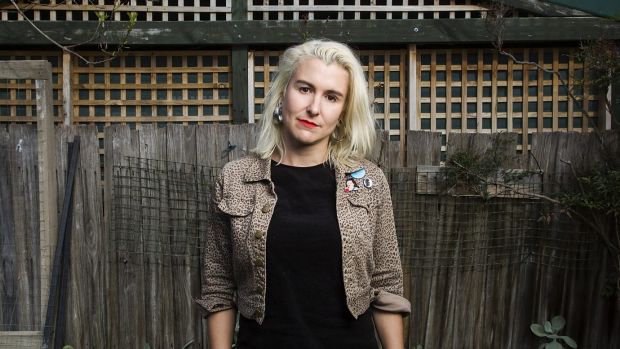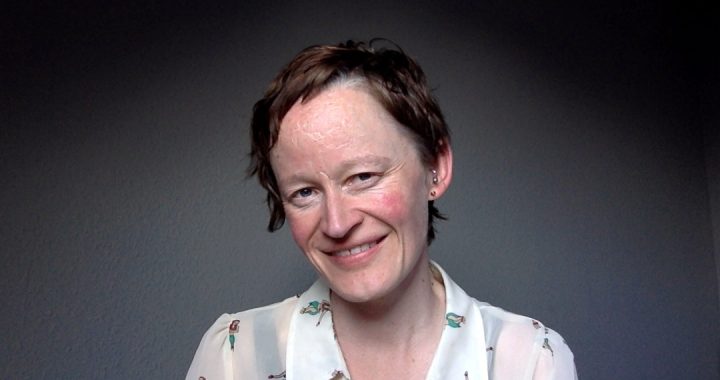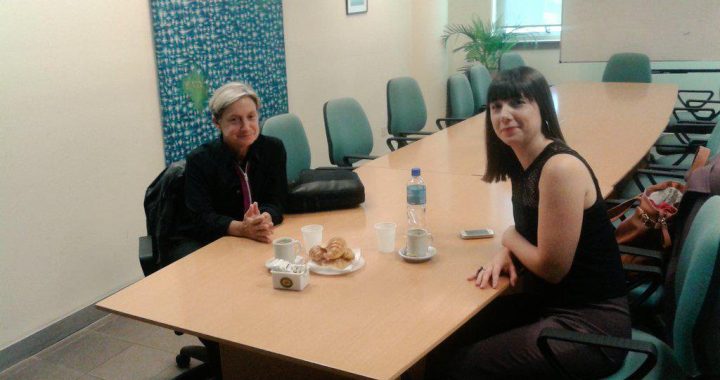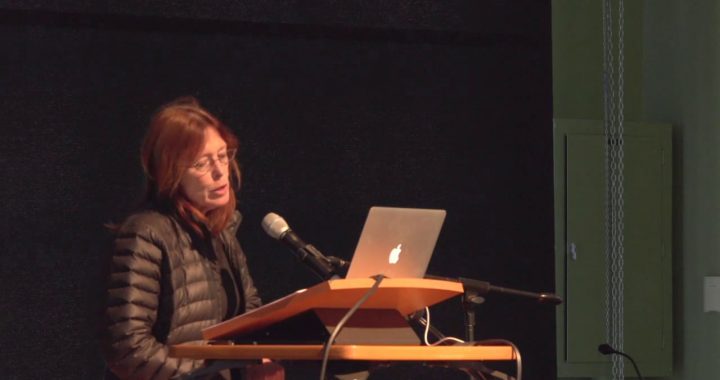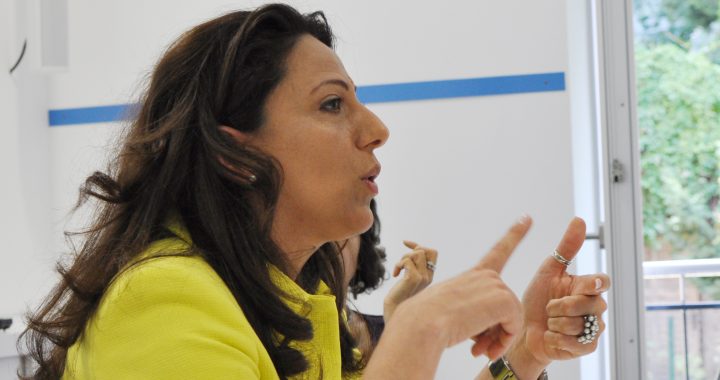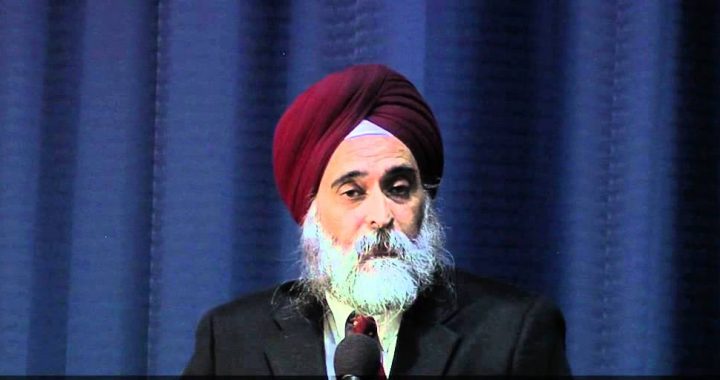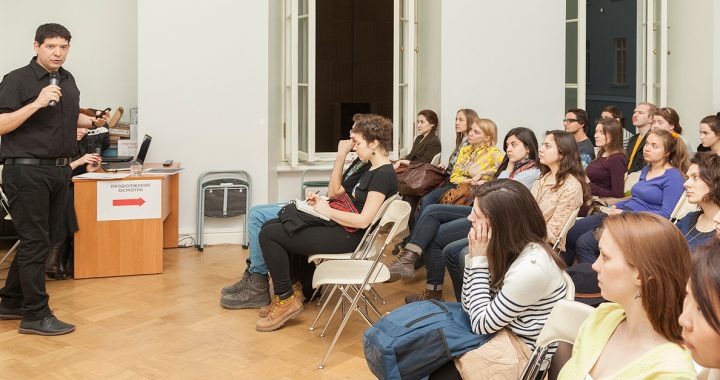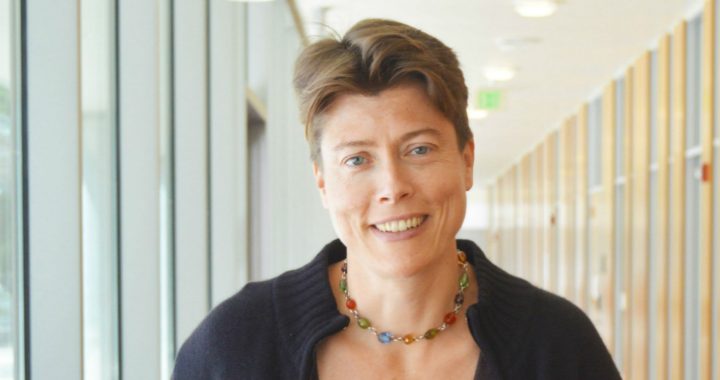Despite feigning perpetuity, “energy” is a child of its time, the nineteenth century. Born from the related challenges of steam engineering and British imperialism its legacies still haunt and limit our thinking on matters ranging from fossil fuels to race, from labor to the underground. This talk seeks to situate the emblematic energy source – coal – back in its imperial context, revealing what may be called “coalonialism” at play in the territories between the two major global fueling stations of the century, Aden and Port Said. Such acts of provincializing flesh out alternative ways for regarding fossil fuels, including ethical, political and environmental insights that the science of thermodynamics helped evaporate.
On Barak is currently completing a manuscript tentatively titled Coalonialism, Energy and Empire before the Age of Oil. The book is based on multi-sited research into the geopolitical, social, and cultural implications of energy shifts during the long nineteenth century, focusing on the “age of coal” in the Middle East, a region usually associated with oil.
Barak is Senior Lecturer in the Department of Middle Eastern & African History at Tel Aviv University.
Date/Time
November 15, 2017 | 12:00 PM
Free and open to the public
Venue
Humanities Building 1, Room 210
University of California, Santa Cruz



